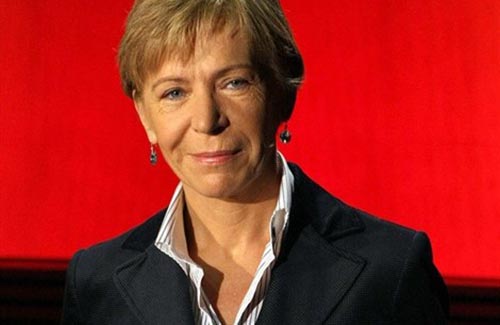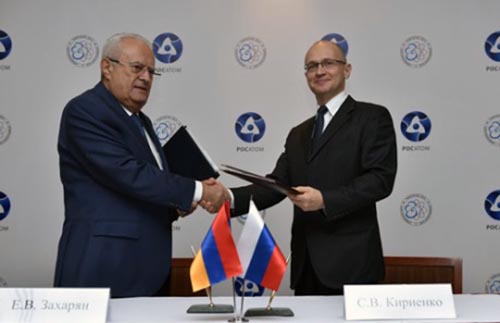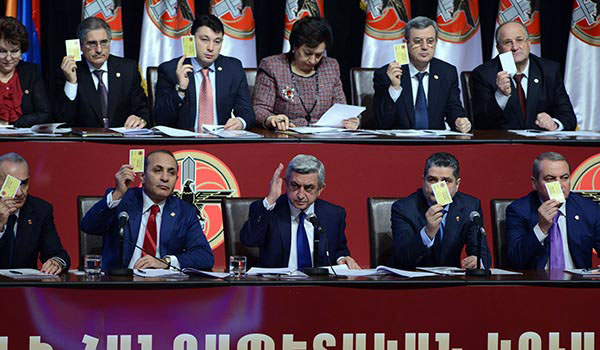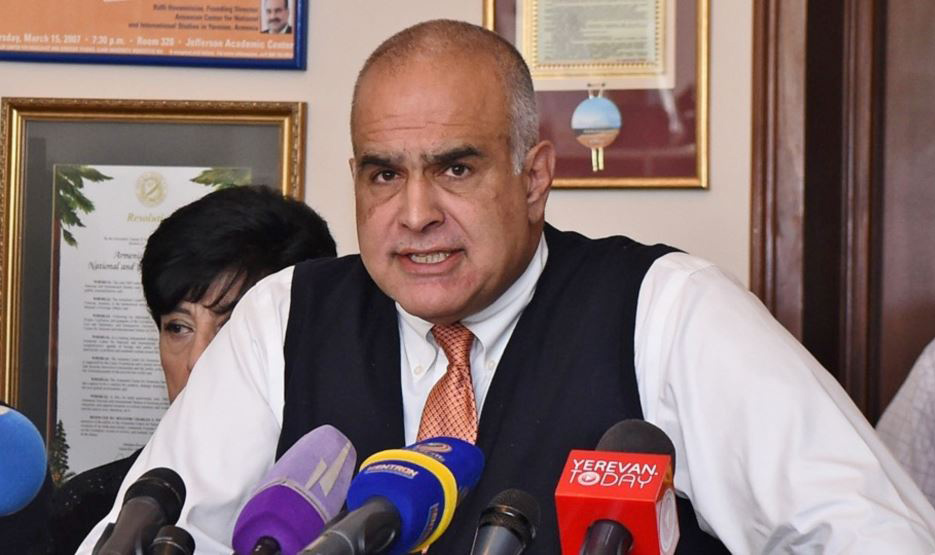Panorama.am — One does not have to try hard to get into Azerbaijan’s “black list.” You just need to tell the truth. This is what Milena Gabanelli, an Italian journalist, did covering the Karabakh war at the early 90’s. A few years ago, another Italian journalist, Anna Mazzone, also wrote a story on Artsakh where the war is not a remote memory but a conflict that may burst out any moment, the journalist herself writes for Formiche.net, recounting how she got into the “black list” of the Foreign Ministry of Azerbaijan.
At the beginning of her article, Mazzone states that the government of Azerbaijan has increased repressions against oppositionists deteriorating its international image, which was negative to start with. Over the recent years, dozens of human rights defenders, political and civil figures, journalists and bloggers have been arrested or jailed on politically motivated reasons. Many others left the country. NGO and their leaders’ bank accounts have been frozen. In some cases, those organizations were closed down. New laws made it practically impossible for the independent groups to be financed from abroad. According to the journalist, the international community criticizes Azerbaijani government’s “iron fist” from the one hand, and fails to promote an improvement of the situation in the country, from the other.
“I have never been in Azerbaijan’s ‘black list,’ but never say never. It happened and it makes me happy – being a ‘persona non grata’ for a dictator is always worth praising. Really, I did not do much to be given the honor – I just did my work,” Mazzone writes.
For many years, the journalist told her readers about Armenia and Azerbaijan, parts of the world that seem to be so remote, yet they are closer that one could imagine. Asking the Melendugno (Italy) residents would be enough to be convinced in that. These are the people, who protested against the realization of the Trans Adriatic Pipeline (TAP), which is to supply Azerbaijani gas to the European countries.
Mazzone notes that there are also other Italians banned from entering Azerbaijan. She acknowledges being in a good company in the “black list.” The list starts with the name of Antonia Arslan, a well-known Italian writer of Armenian descent, who traveled the whole peninsula during the Centennial of the Armenian Genocide committed by the Young Turks to spread the word about what happened in Turkey between 1915 and 1918.
The names of other journalists and TV reporters, who “are probably guilty of not kissing the tyrant Ilham Aliyev’s feet” are also in the “black list.” Names of sculptors, architects, actors and actresses are in their company, as well.
Mazzone further reminds that French journalists for the TV channel France 2 recently called president Ilham Aliyev a “dictator” and Azerbaijan one of the cruelest dictatorships in the world. A dictator president cannot use against the foreign journalists the same methods he uses against the local journalists. Mazzone, citizen of a free and democratic country, does not understand a ban on entry into another country. Nonetheless, she hopes that democracy will be established in Azerbaijan. “Do not worry Aliyev. This is what happens to the ‘best dictators’ sooner or later,” the journalist sums up.
Back in 2013, the Foreign Ministry of Azerbaijan published a list of people who had become persona non grata in Azerbaijan for visiting Nagorno Karabakh Republic, and thus are barred from entry to the country. According to media reports, the number of the names included in the list is above 300, which, however, does not stop the world celebrities.









